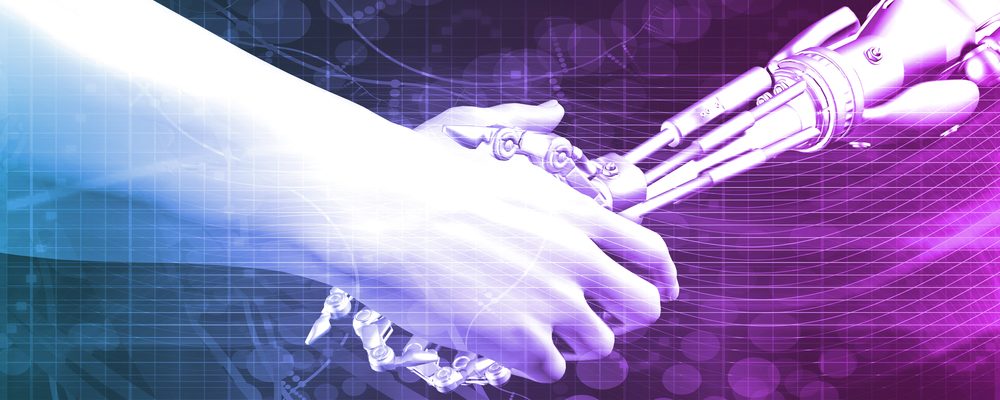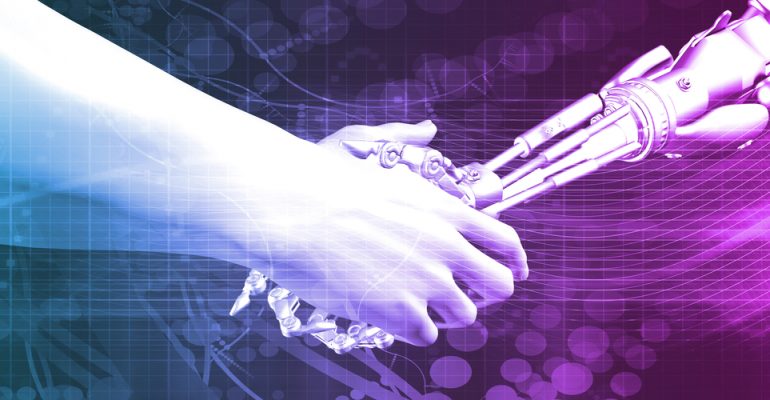
Top Industries for Digital Transformation in 2022

Top Industries for Digital Transformation in 2022
For the past two decades, technology has been pushing industry-wide revolution, allowing organizations across industries to attain significant size and growth. However, many industries have yet to tap into this. According to MGI, digitalization is the key to unlocking this potential, which would result in a USD 13 trillion increase in global GDP by 2030.
Several industry professionals feel that the technology, which is at the heart of digital transformation, has the potential to four-fold global GDP. The next wave of change, powered by AI, Machine Learning, Cloud Computing, Data Science, SaaS, and IoT, will undoubtedly necessitate extensive upskilling and reskilling.
Why Digital Transformation?
Organizations may achieve long-term success with successful digital transformation. They become “bionic” as a result of this transformation, and they will not need to undergo same again in the future. Technology boost productivity, improve customer experiences and open up new development prospects and company models. This is the essence of a company’s or industry’s effective digital transformation.
Some sectors would lead the transformation path at first, with the consequences trickling down to other parts of the economy. Here are a few industries that are leading the way.
Online Learning
Corporate learning, skills development, and school/college education are among the domains that have benefited from the digital revolution of the e-learning market. Edu-tech products were in high demand even before the epidemic. Web and mobile app development, language apps, virtual tutoring, online learning programs, digital learning mobile apps, video conferencing tools, and AI-ML based e-learning tools and technologies have all made significant advancements in recent years.
Hospitality
India has one of the world’s largest customer bases, which generates huge amounts of data daily. Major hospitality companies have already begun to use cutting-edge technology tools to better map consumer behavior and give highly tailored services to their customers to capitalize. Mobile check-ins, biometric-based room access, automated kiosks, and other tech-driven services are becoming more widespread in the hospitality business. More companies will modernize their digital infrastructure in years ahead to improve customer experience and retention rates. In light of these changes, the Indian travel and tourism sector is expected to contribute INR 32.05 trillion to the country’s GDP by 2028, according to the IBEF.
Media & Entertainment
For the new generation, on-demand entertainment has already surpassed traditional television as the preferred media. Over-The-Top (OTT) service providers have sprung into the entertainment and are here to stay for long. AI, Natural Language Processing (NLP), and data analytics are all being used by companies in this field to create immersive, engaging, and tailored digital content for viewers. According to PwC India, the local OTT industry, which was worth USD 638 million last year, is expected to grow to USD 1.7 billion by 2023, making it the eighth largest worldwide market.
Information Technology
Routine chores may now be automated thanks to the digital revolution in this industry. However, this has merely decreased, not eliminated, the necessity for human involvement. Machines are currently being used by industry players to not only improve human resources but also to bring value to their operations. Professionals must guarantee that they can work with technology as well as they can with their coworkers in this environment. The Indian core digital industries are predicted to reach USD 435 billion by 2025, according to MGI, with this trend expected to continue for the foreseeable future.
Logistics
Logistics digitization has helped transportation companies to improve their efficiency and supply chain management during the last several years. Logistics companies have been able to drastically minimize fleet downtime, forecast consumer behavior, and solve any issue in real-time by combining IoT, AI, ML, Cloud Computing, and Real-time data analytics. More businesses will use digital technologies to improve their efficiency and production in the coming years.
Healthcare
It would be an irony to suggest that technology has enabled medical practitioners to provide better treatment. It has helped hospital IT staff to maintain and analyze patient information, as well as to generate critical insights based on their medical history more accurately. The use of robotic tools has improved the precision and success rates of a variety of medical operations, including surgeries, illness detection, diagnostics, and preventive healthcare delivery, among others.
E-commerce
Technology is to give credit for the flourishing e-commerce sector’s phenomenal rise. With the introduction of multiple e-commerce platforms, each firm is embracing technology to differentiate itself while concentrating on engaging more consumers and optimizing user happiness. SEO and data analytics, for example, are two of the advances fueling this sector’s growth. For example, Amazon, one of the most popular e-commerce platforms, is using technology to forecast consumers’ purchasing behavior and shorten delivery times to the same day.
Conclusion
Businesses can be break free from restraints in their business ecosystems with digital transformation. The procedure is not completed in a single step, but rather in several stages. Various digital technologies helped businesses to continue operating, survive, and maintain decorum during lockdowns. And, as a result of this experience, the aforementioned sectors are placing a high priority on DX (Digital Transformation), since the pandemic will eventually pass, but the DX journey will continue to transform organizations across industries.
Adopting DX is a fundamental prerequisite for a small business or an organization to achieve business goals and increase ROI. We at Sapizon Technologies, helps businesses to progress in their DX journey efficiently.